Uncategorized
-
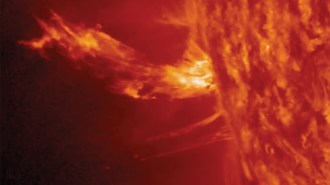 Science & Society
Science & SocietyStuck inside this winter? Try an at-home citizen science project
Researchers are in search of volunteers to look for solar jets, transcribe old weather logbooks, listen for threatened frogs and more.
By Erin Wayman -
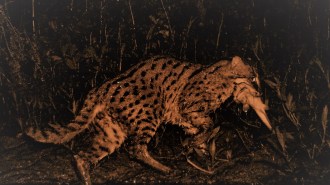 Animals
AnimalsScientists uncover the secret to fishing cats’ hunting success
Volunteers in India have helped to explain how one of the world’s semiaquatic wild cat species hunts.
-
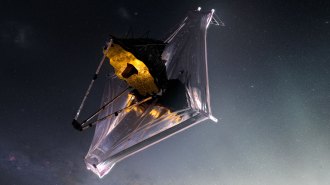 Astronomy
AstronomyThe James Webb Space Telescope has reached its new home at last
The most powerful telescope ever launched still has a long to-do list before it can start doing science.
-
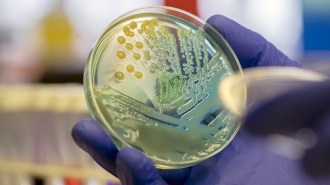 Health & Medicine
Health & MedicineAntimicrobial resistance is a leading cause of death globally
In more than 70 percent of the 1.27 million deaths caused by antimicrobial resistance, infections didn’t respond to two classes of first-line antibiotics.
-

-
 Physics
PhysicsAn ‘everlasting’ bubble endured more than a year without popping
One of the bubbles, made with water, glycerol and microparticles, lasted 465 days before popping.
-

It’s time to manage elite expectations
Features Editor Cori Vanchieri provides insight into our coverage of mental health in elite athletes.
-
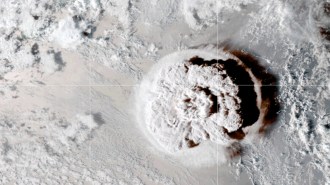 Earth
EarthWhat the Tonga volcano’s past tells us about what to expect next
The January 15 eruption of a Tongan volcano triggered atmospheric shock waves and a rare volcanic tsunami; its history suggests it may not be done.
-
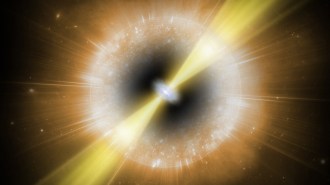 Astronomy
AstronomyAn X-ray glow suggests black holes or neutron stars fuel weird cosmic ‘cows’
With the brightest X-ray glow of a new class of exploding stars, cosmic oddity AT2020mrf boosts evidence of these mysterious blasts’ power source.
By Liz Kruesi -
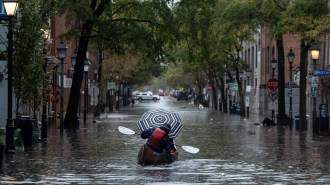 Climate
ClimateIntense drought or flash floods can shock the global economy
Rainfall extremes have powerful impacts on the global economy, affecting the manufacturing and services sectors more than agriculture.
-
 Humans
HumansBabies may use saliva sharing to figure out relationships
Actions like sharing bites of food or kissing may cue young children into close bonds, a new study suggests.
-
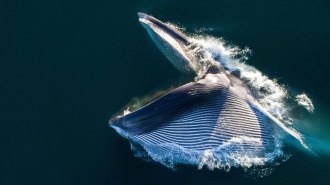 Animals
AnimalsA ‘trapdoor’ made of muscle and fat helps fin whales eat without choking
An “oral plug” may explain how lunge-feeding fin whales don’t choke and drown as they fill their mouths with prey and water while eating.